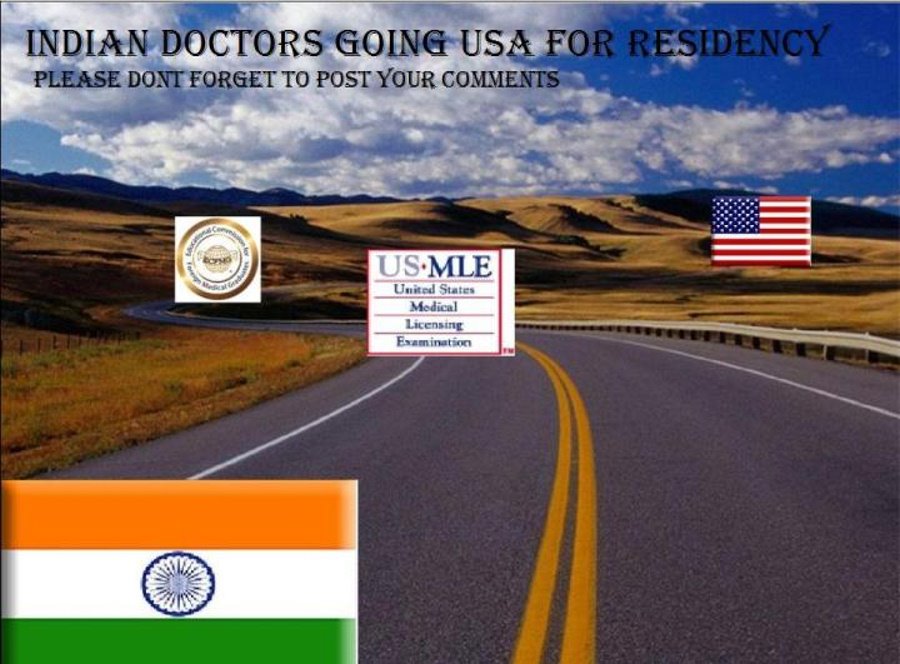The top 20 things I've learned from intern year...
Also entitled....
What I wish I knew before starting intern year:
1. Love your Drug Reference book/Harriet Lane/other med handbook of your choice.
I was terrible at doses initially. The truth is that most doses you really don't need to keep in your head and it's immensely helpful to have them within an arm's reach. You can also use an online database like Micromedex. The only downside - each attending has their own special preferences when it comes to meds.
2. Be thankful for the Peds ER nurses.
They are good teachers. From paperwork and how the tube system works, to the meds and studies the attendings are going to want - they know what's up. This lesson also applies to your NICU, PICU, and long time Peds wards nurses who are experts at their job. (If you're not in pediatrics, that's ok - I'm sure there are some good adult nurses too ;-)) That being said, sometimes you need to follow your gut on patient care decisions, despite what anyone says... (see #16)
3. I get really tired around 4am.
It is inevitable. Staying up for 30 hours straight is not normal... no matter what anyone says! You will figure out what time is most difficult for you. For me, my 4am battle against my eyelids necessitates a run to the cafeteria for coffee! (exception: see #7)
4. On the phone, "Dr. So-and-so" commands more respect than "Kelly."
Enough said.
5. Sleep is not overrated. (related to #6)
Take the time post-call to catch up on sleep. Yes, even if you have a family and people demanding your attention at home, you need to take care of yourself in order to be there for them. No guilt, sleep whenever you can!
6. All of life's problems seem better after consecutive hours of sleep, preferably 6 or more.
Avoid emotionally charged situations when you are sleep deprived.
7. Coffee doesn't help after a certain point.
Sadly...
8. Donuts (and, insert your preference of other really bad for you foods here) taste really good at 3AM.
You will make excuses like, "It's ok, I'm on call," or "The calories don't count after midnight," or my favorite, "You deserve extra dessert when you're on call!"
9. When you don't think you can do something, take a deep breath, run through it in your mind, and exude confidence.
You can do whatever you put your mind to. If you still don't believe me, "fake it 'til you make it."
10. Sleeping 17+ consecutive hours is actually physically possible.
Especially after a few months of q4 call and built up sleep deprivation!
11. "Food is love and sleep is everything."
12. Drink water, water, and more water.
It is a sad state of things when you realize that you haven't actually peed all day. This happened to me more times than I care to think about and usually during ICU months!
13. It is ok to cry.
There will be a day, maybe post-call, maybe not, when you feel more than overwhelmed. Everyone has their moment and you're not alone.
14. Make time to do the things you love.
You will be busy and you will be tired, but you have to stay human! So, go for a run, read a non-medical book, go see a concert or movie, pick your favorite!
15. Sometimes questions are more powerful than answers. (Yes, I stole it from the TV show Heroes.)
16. Becoming comfortable with making decisions is tough, but you will get there.
One of the biggest changes you experience during intern year is the sheer volume of decisions that you are continually making. From a simple order for tylenol to a decision to call the PICU for a child deteriorating in respiratory distress... Over time your level of comfort with decision making evolves and you become more confident and convicted about things, even if it is simple.
17. There is always someone to ask if you don't know the answer.
A senior resident, nurse practitioner, or if it comes to it, fellow or attending, are happy to help you out when you don't have all the answers.
It is not a weakness to ask for help, it is a sign of self-awareness, strength, and comes from a true desire to care for your patients.
18. Med students can be annoying. (Don't worry, some are pretty cool too!)
I know, I know, we were all med students once! And I'm sure I had my nails-on-the-chalk-board-like annoying moments; with the earnest "teach me" attitude, I didn't realize the sheer volume of menial work that residents, and interns in particular, had to do. Giving them a patient related job (like calling an outside hospital to track down info or helping with the new "mom talks" in the newborn nursery) is one tactic to help your med students when you're feeling overwhelmed.
19. Residency changes you.
It is an unavoidable and perhaps necessary change. Like all intense periods in life, you are bound to experience situations that affect the way you approach life and future interactions with patients, families, and your own family and friends. You are challenged to reflect on your own world views, solidifying convictions and/or beliefs... and perhaps changing them in the process.
20. "The days are long, but the years pass quickly.
I've realized this truth most acutely during my last few weeks of intern year, as I say goodbye to so many of the wonderful residents with whom I
have worked. I feel sad to see them leave our institution because they have invested so much time and knowledge in me this year. I suppose it is the nature of residency and our prolonged training process that results in this continuous turnover... but nonetheless, I will still miss them all.
So with that, I say good luck to all who come after me. Looking back, I wouldn't trade this experience for anything...
well, maybe a significant amount of money!
I'm ecstatic to see the new interns doing their orientation this week... and I'm trying not to seem too excited, so I don't scare the pants off of 'em!
Only 1 day left until my intern year is officially DONE!
___________________________________________________________
* courtesy from http://community.livejournal.com/med_residents/22372.html kelly #kellsmd#
.jpg)





